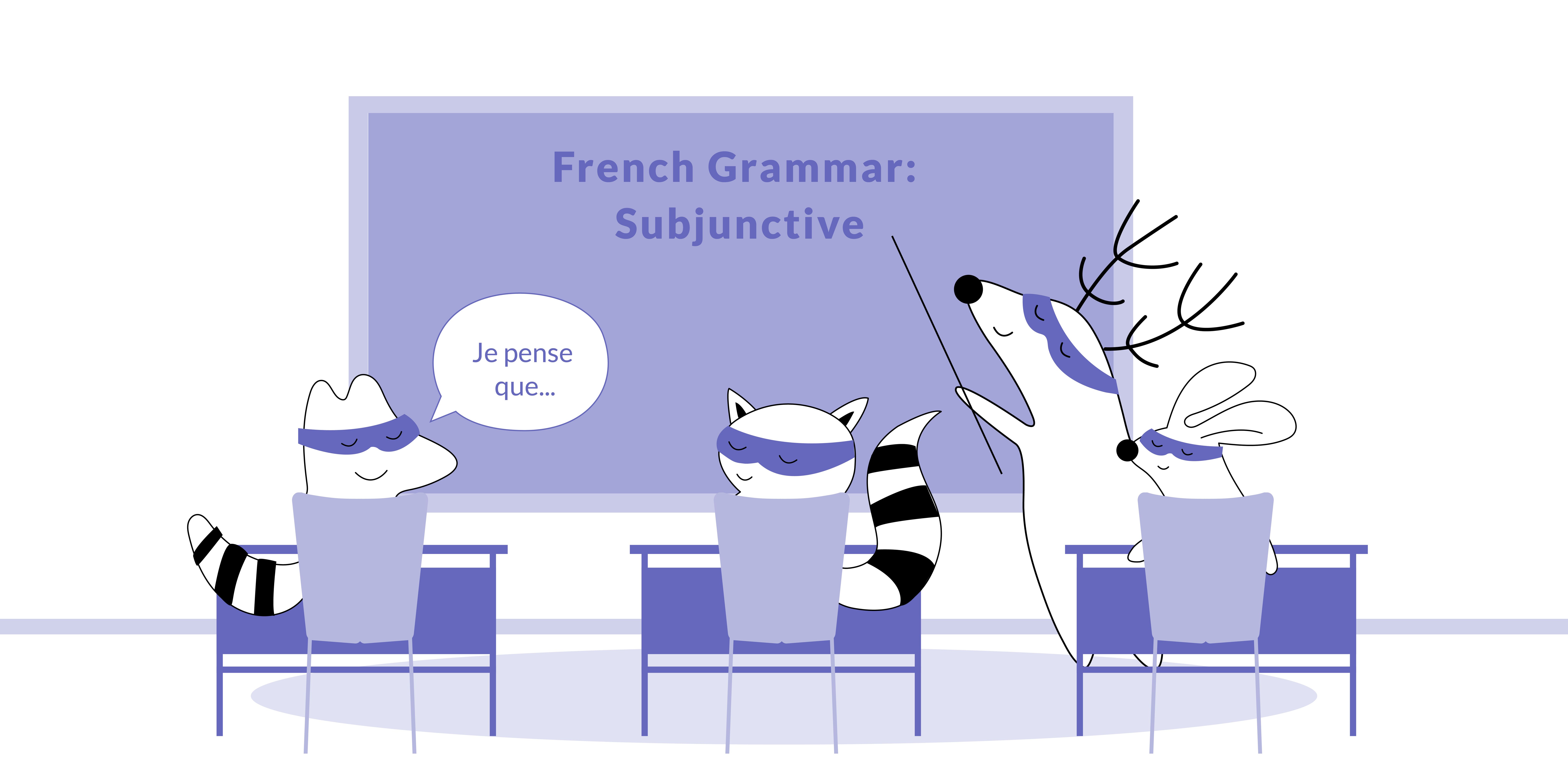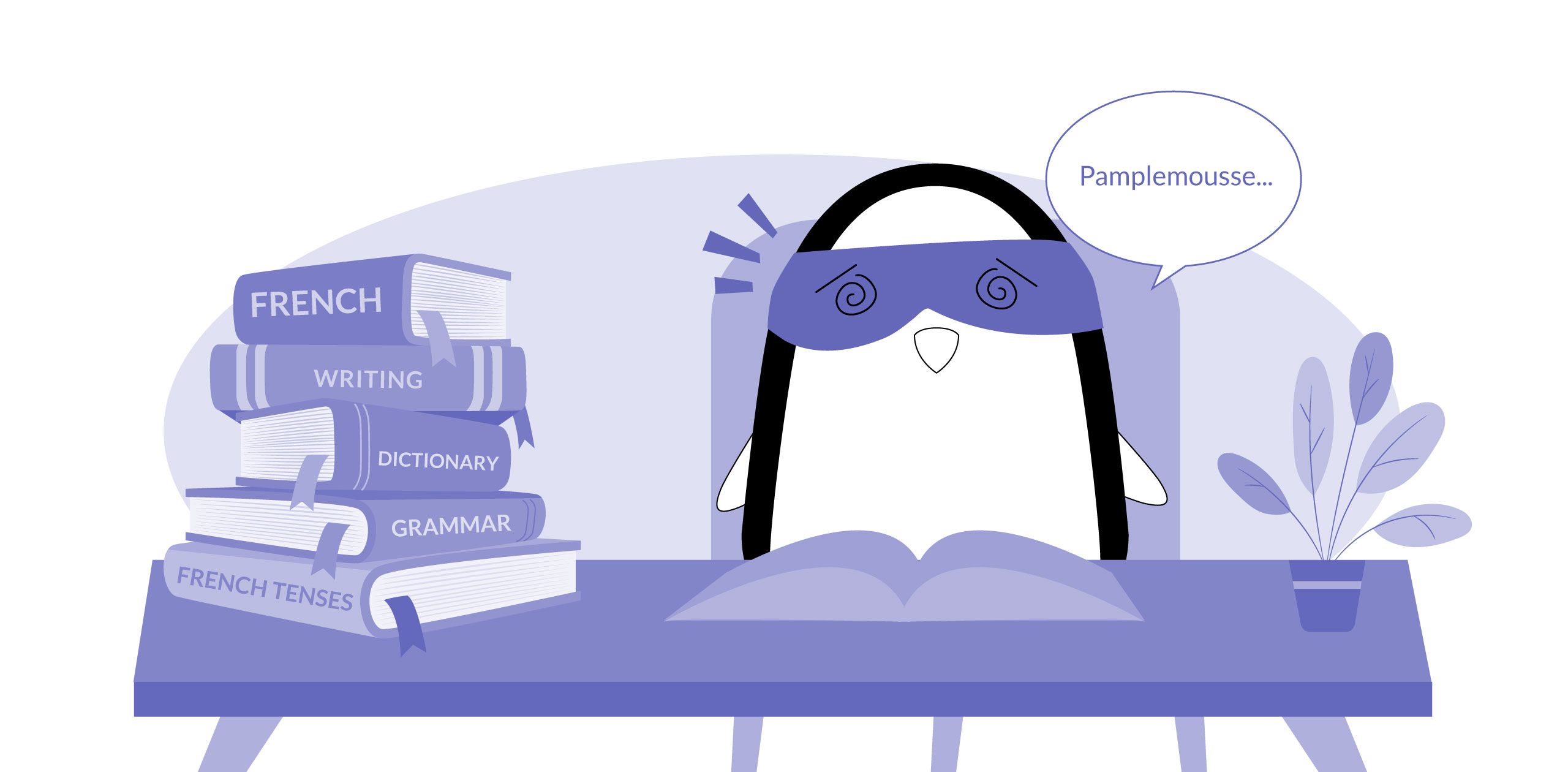
When it comes to learning a new language, vocabulary is key. After all, how can you understand or communicate without knowing the words for what you want to say? However, as anyone who has attempted to learn a foreign language can attest, vocabulary acquisition can be tricky.
Fortunately, there are many different methods that can be used to help you effectively and easily gain a large vocabulary. In the article below, we will discuss how to learn foreign language vocabulary and provide tips to make the language-learning process more enjoyable. Read on, and start learning new words with ease.
Learn French with Langster
Build Your Own Lists of Vocabulary Words
One of the best ways to effectively learn new words is by creating your own vocabulary lists. This way, you can tailor the vocabulary to your own needs and focus on the words that are most important to you.
For example, if you're learning business English, you can create vocabulary lists related to companies, sales, HR, and more. Or, if you're learning French before moving to France, it can help to group the words you will hear most often, such as food, apartments, purchases, etc.
Why This Method Is Helpful
Writing down new words not only helps you remember them better but also aids in their acquisition. When you put pen to paper (or fingers to keyboard), you're engaging multiple learning pathways in your brain, which helps the information stick.
Additionally, writing encourages deeper thinking and analysis of the word or phrase, both of which are important for learning. So, next time you learn a new word, be sure to write it down, and add it to your personal vocabulary list.
Practice New Words Right Away
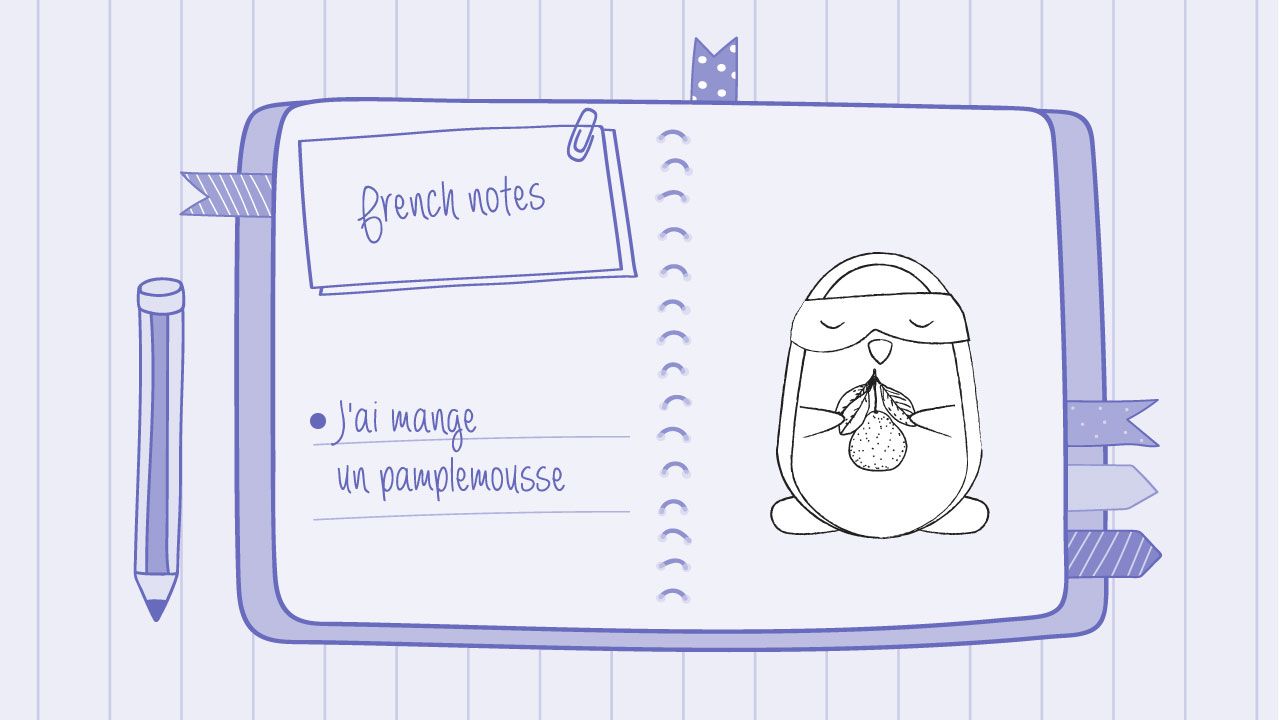
After you have your vocabulary lists, remember to take them out and review regularly. Practicing new vocabulary is essential in learning foreign words, as doing so allows you to quickly gain fluency and become comfortable using new words.
You can practice your vocabulary in a variety of ways, but one easy way is using them in real life. You can, for example, create sentences with every foreign language vocabulary word that seems troubling to you. Or, write a whole dialogue related to the topic you're learning, and try to incorporate as many new words into it as possible.
Memorizing such sentences and dialogues can also be helpful, and it is much more effective than just learning every new word by heart.
Why Choose This Method?
When you learn a new language, you're bound to hit some words that seem impossible to learn. These words may be seemingly unrelated to one another, or they may have unpronounceable phonemes. While it can be easy to get stuck on these words, the best way to overcome this is by using them right away.
When you use a new word properly, you will quickly gain fluency and confidence in your language-learning abilities. This, in turn, will make learning new vocabulary much easier and more enjoyable.
Learn Foreign Vocabulary from Contextual Clues

One of the most effective ways to learn new vocabulary in a foreign language is by using contextual clues. You can use this method when reading, listening, or even speaking with others in your target language.
For example, if you're trying to understand a sentence that contains two new words, try identifying the words you already know. This will give you some clues to help you determine the meaning of the new words and figure out their part in the sentence structure.
When listening to others speak or read a text aloud, be sure to pay attention to keywords that could potentially clue you into the central meaning and help you form a mental image of what's being said. This way, you can make sense of vocabulary by understanding how it fits into context, even without checking it in the dictionary.
Why This Method Is Great for Learning Foreign Language Words?
Learning new words by using contextual clues is a great way to improve your understanding of foreign languages. This method encourages you to think critically about how each word fits into the sentence, which helps boost comprehension and memory. Not only does it help you learn new words, it also urges you to think more about grammar and sentence structure.
Additionally, utilizing context in language learning can be fun, as it makes the process feel more like a game than an exercise.
It also resembles the natural way of learning new words in your native language. After all, when you were little, you didn’t check what every word meant in the dictionary. Instead, you came across new words in books, movies, and real-life conversations, and understood their meaning in context.
Try Apps Made for Vocabulary Learning
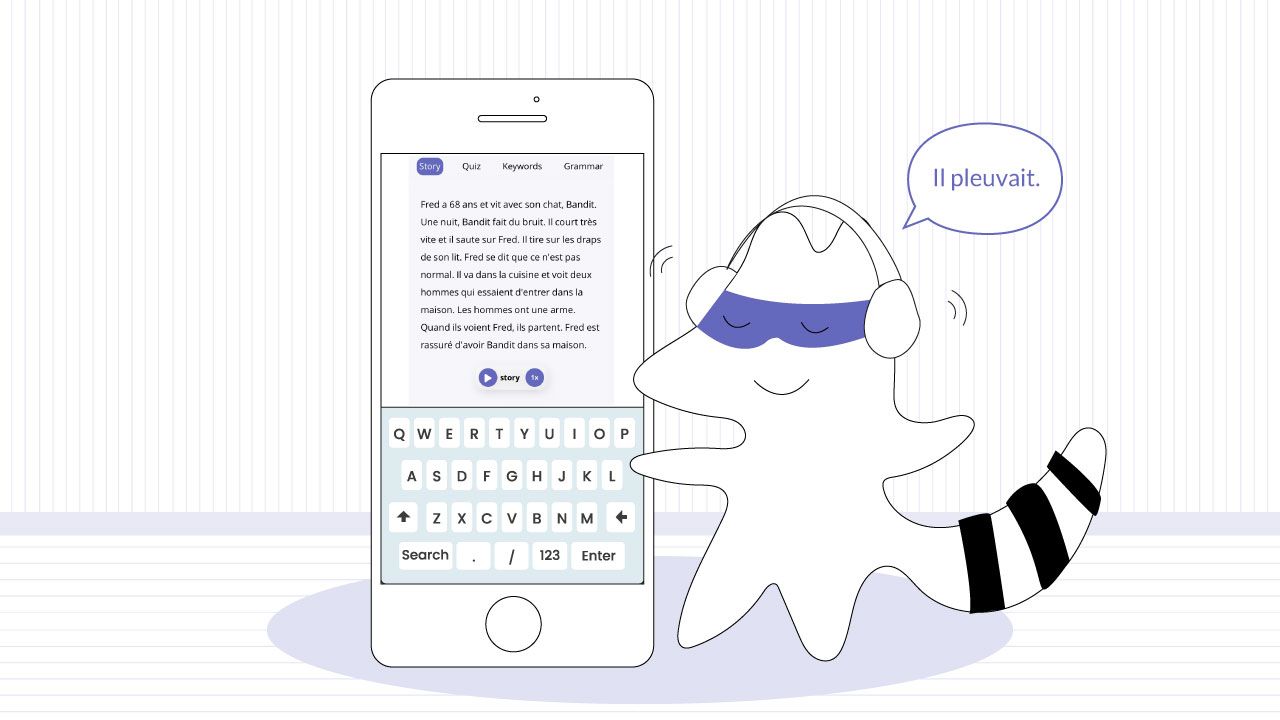
Another great way to learn new vocabulary is by using apps made specifically for this purpose. Such apps can be an effective and fun tool in your language-learning journey, as they offer a variety of activities that you can easily do on the go.
Some popular vocabulary-learning app options include Anki, Memrise, Quizlet, and Busuu. These apps all have different types of activities that suit different learning styles, so it's easy to find one that works best for you. Examples include matching games, quizzes, or flashcards that test you on words at your own pace.
We encourage you to try our Langster app first, though. It encompasses several different vocabulary learning activities, such as learning in context, with flashcards, or by completing short quizzes. You can learn words in an engaging way by reading stories and news that matter to you.
Why Use Apps for Language Learning?
Apps are a great way to learn new vocabulary and improve your language skills. Whether you prefer learning on the go or in short, frequent bursts, there's an app that can accommodate your needs.
What's more, many apps are free or low-cost, making them accessible for most language learners. And, with thousands of options available on both Android and iOS devices, it's easy to find the best app for you.
Learn Vocabulary with Flashcards
Flashcards are another great tool for learning new words. They're easy to use, can be adapted to any learning style, and allow you to set up a routine that works best for you. Every language learner has tried them one way or another.
To learn new vocabulary with flashcards, you can implement several methods. You can look online or in stores for flashcard sets that include the words you need to learn. You can also create your own list of flashcards by hand or digitally with an app like Quizlet or Anki. Or, you can use a flashcard app that already has the vocabulary you need, like Memrize or Langster.
When studying the cards, aim to focus on one word at a time. Start by reading through the front of the card and trying to determine its meaning in context. Then, flip it over, and see if you were correct – if not, try to come up with your own definition based on the word's context.
Finally, try repeating this process regularly until you can recall the meaning of each flashcard without having to check it.
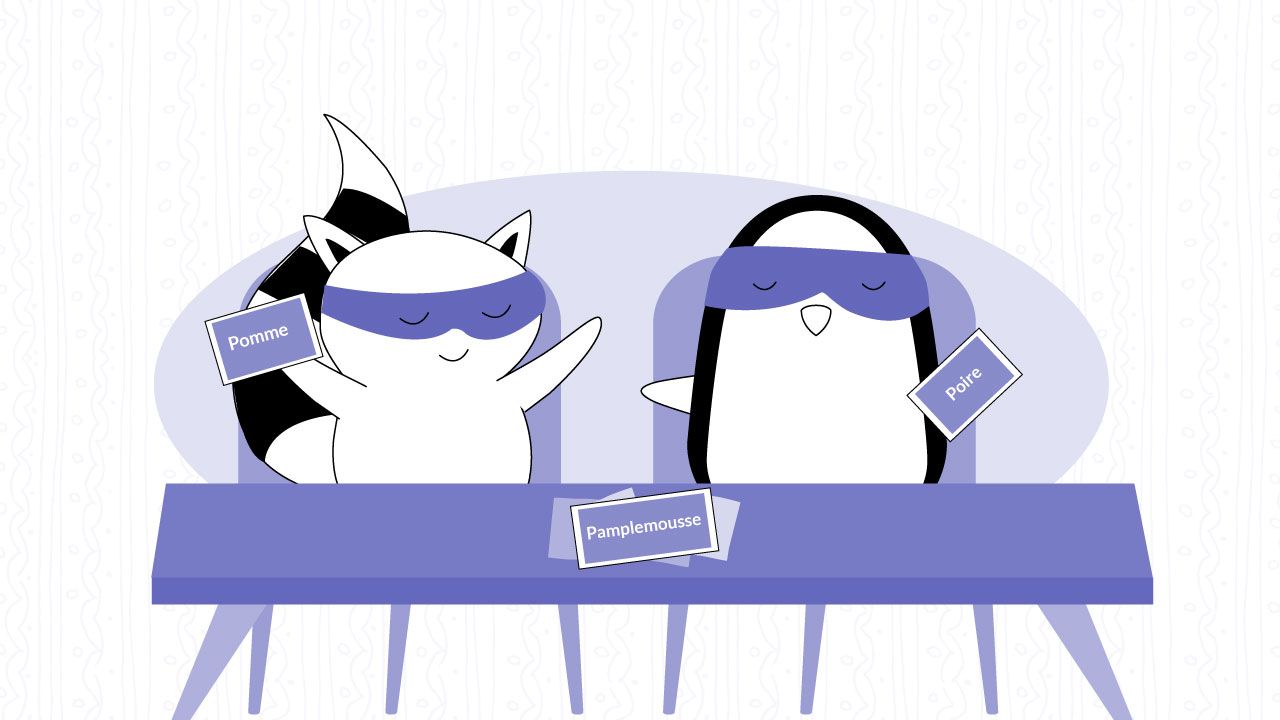
Why Are Flashcards so Good?
Flashcards are a popular method of learning new vocabulary because they're so effective and easy to use. They can be used in any learning environment – be it at home, on the go, or in the classroom – and with any device. And, since there are so many flashcard apps and sets available both online and offline, you can modify your routine to fit your needs.
Ultimately, using flashcards for language learning will help you retain words effectively and make them stick for good. They are great for reinforcing your knowledge and memorizing any challenging foreign language word that just doesn’t work for you.
Look for Your Own Ways of Learning Vocabulary in a Foreign Language
There are so many ways to learn new vocabulary words in a foreign language. Whether you prefer using apps, flashcards, reading articles, or something else entirely, find the method that works best for you, and stick with it. If one doesn't work out after a few tries, try others until you find the best fit for your needs.
With practice and patience, exposing yourself to new words regularly will ensure that your language skills continue to improve. Just remember that vocabulary is essential to mastering a foreign language, and get started today.









